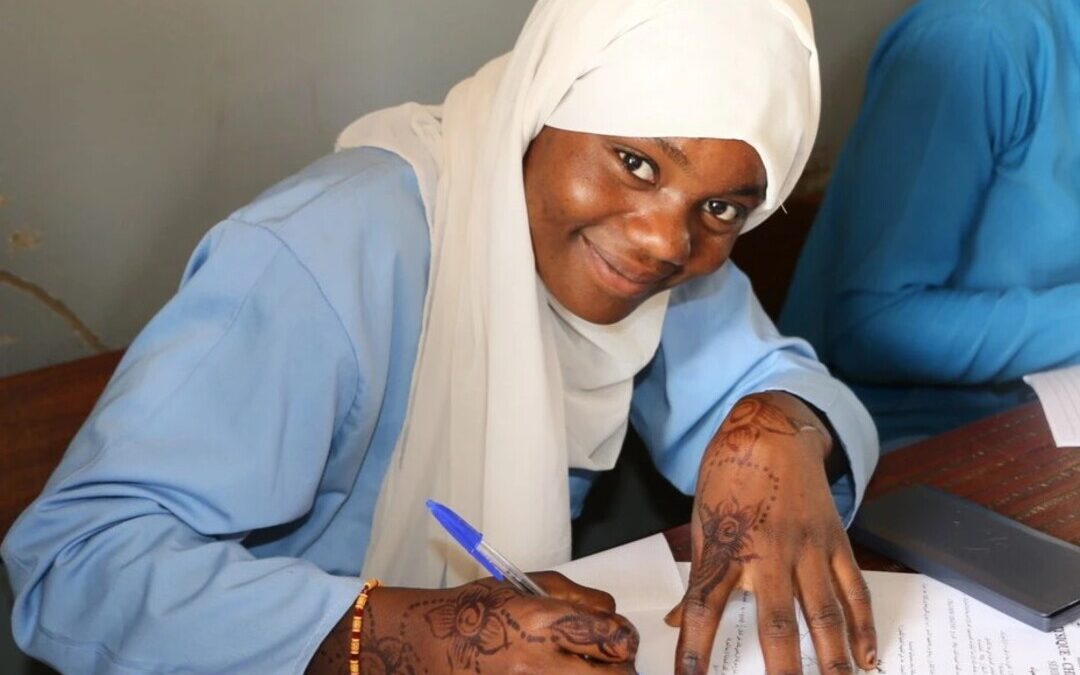COP30 Summit Urged to Make Education Central to Climate Solutions
Global leaders urged to prioritize education in climate action as learning disruptions rise amid worsening environmental crises.
Global advocates are pressing world leaders to make education a core part of climate discussions at the COP30 summit in Belém, Brazil.
New York-based Education Cannot Wait and the Geneva Global Hub for Education in Emergencies, also known as the EiE Hub, said the climate crisis is worsening learning disruptions worldwide, particularly for children in fragile and vulnerable contexts.
The groups urged governments and donors to ensure education is fully integrated into climate policies and financing.
Climate Change Threatens Learning Continuity
At least 242 million students from pre-primary to upper secondary levels saw their education disrupted by climate-related events in 2024, according to the EiE Hub.
Heatwaves alone affected more than 118 million children in May that year. The groups warned that floods, droughts and storms are damaging school buildings, displacing families and straining teachers’ ability to work.
Such crises sharply raise dropout rates and increase protection risks for children, especially in low-income and conflict-affected regions.
ECW said the climate emergency is “not only a threat to the planet but also to an entire generation’s education and future.”
The effects of climate change are also magnifying existing inequalities tied to gender, ethnicity, disability and displacement.
In communities already facing instability, rising temperatures and resource scarcity are worsening the barriers to schooling.
Education Overlooked in Climate Finance and Policy
Despite growing recognition of climate impacts on education, funding and political attention remain limited.
Between 2006 and March 2023, only 2.4 percent of financing from major multilateral climate funds supported child-responsive initiatives.
Governments have also failed to make education a pillar of their climate strategies. Less than half of the latest Nationally Determined Contributions, or NDCs 2.0, were considered child-sensitive. “Children’s right to learn is still absent from most national climate plans,” the EiE Hub said.
Investment in Education Boosts Climate Resilience
Education leaders argue that climate-responsive school systems can help protect learning continuity while preparing future generations to adapt to environmental challenges.
ECW said that education builds climate literacy, green skills, and social cohesion, all of which are vital for long-term resilience.
“Every dollar invested in education generates, on average, twenty dollars in GDP,” the group noted. “Investing in education is one of the most cost-effective strategies to strengthen climate resilience and economic stability.”
Integrating green skills and environmental learning into national curricula can also empower children and teachers to become advocates for sustainability.
Advocates Call for Urgent Policy Action
ECW and the EiE Hub are urging governments, civil society and donors to place education at the heart of climate response.
They said countries must include education in their national climate action plans, such as NDCs and National Adaptation Plans, and allocate sufficient resources to climate-resilient learning systems.
The groups also called for stronger inclusion of education in loss and damage mechanisms and for greater youth participation in policymaking.
They said investing in resilient schools and embedding climate education into curricula would ensure children are not left behind as the world confronts the climate emergency.
Without immediate action, they warned, tens of millions more children could be pushed out of classrooms, threatening global development and long-term stability.
“Education is not an afterthought in climate action,” ECW said. “It is the foundation for resilience, recovery and a sustainable future.”
Also Read:
Climate Change Disrupts Education, Creates Learning Loss: UNESCO
Nirmal Menon
Related posts

Subscribe
Error: Contact form not found.


